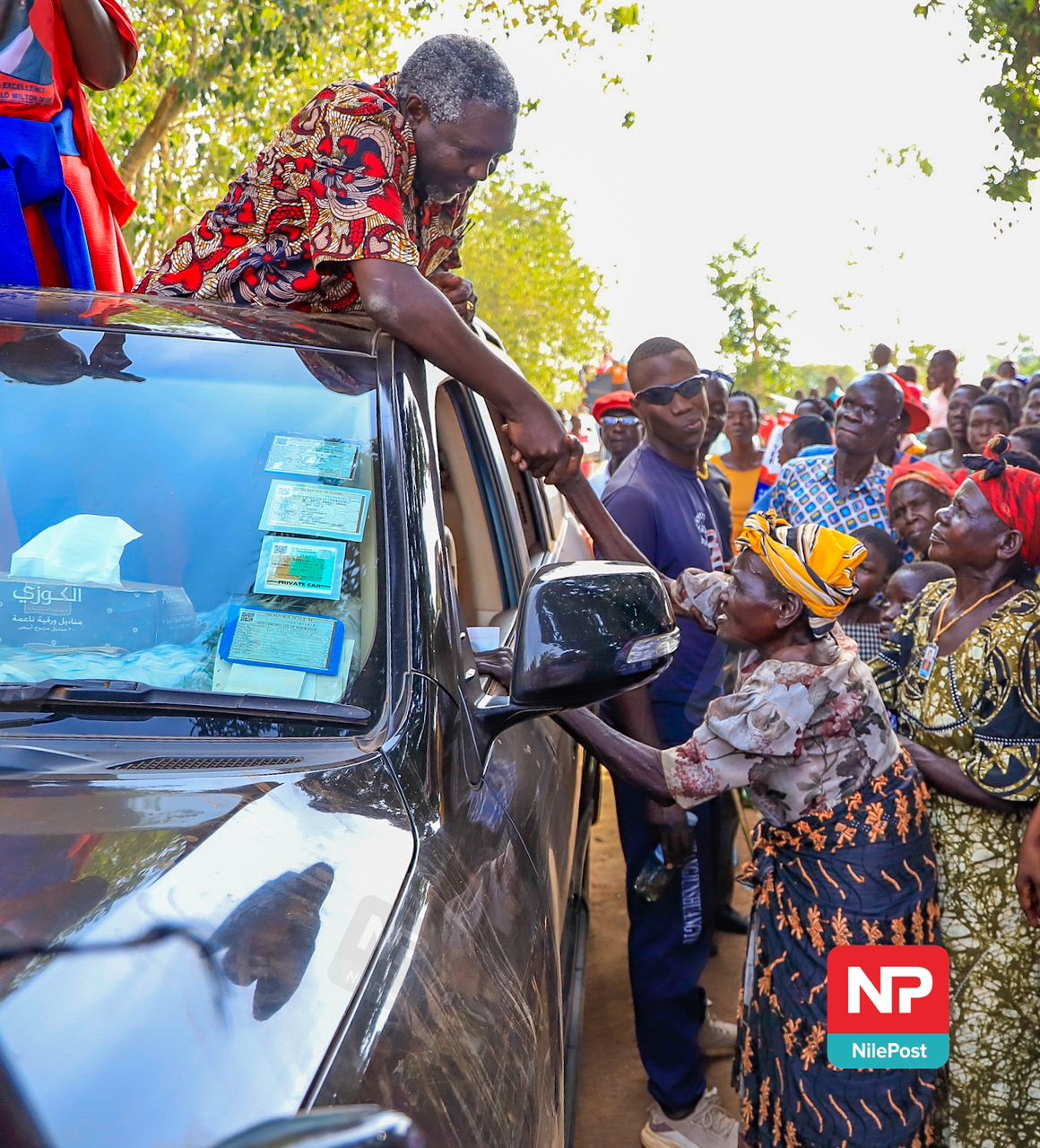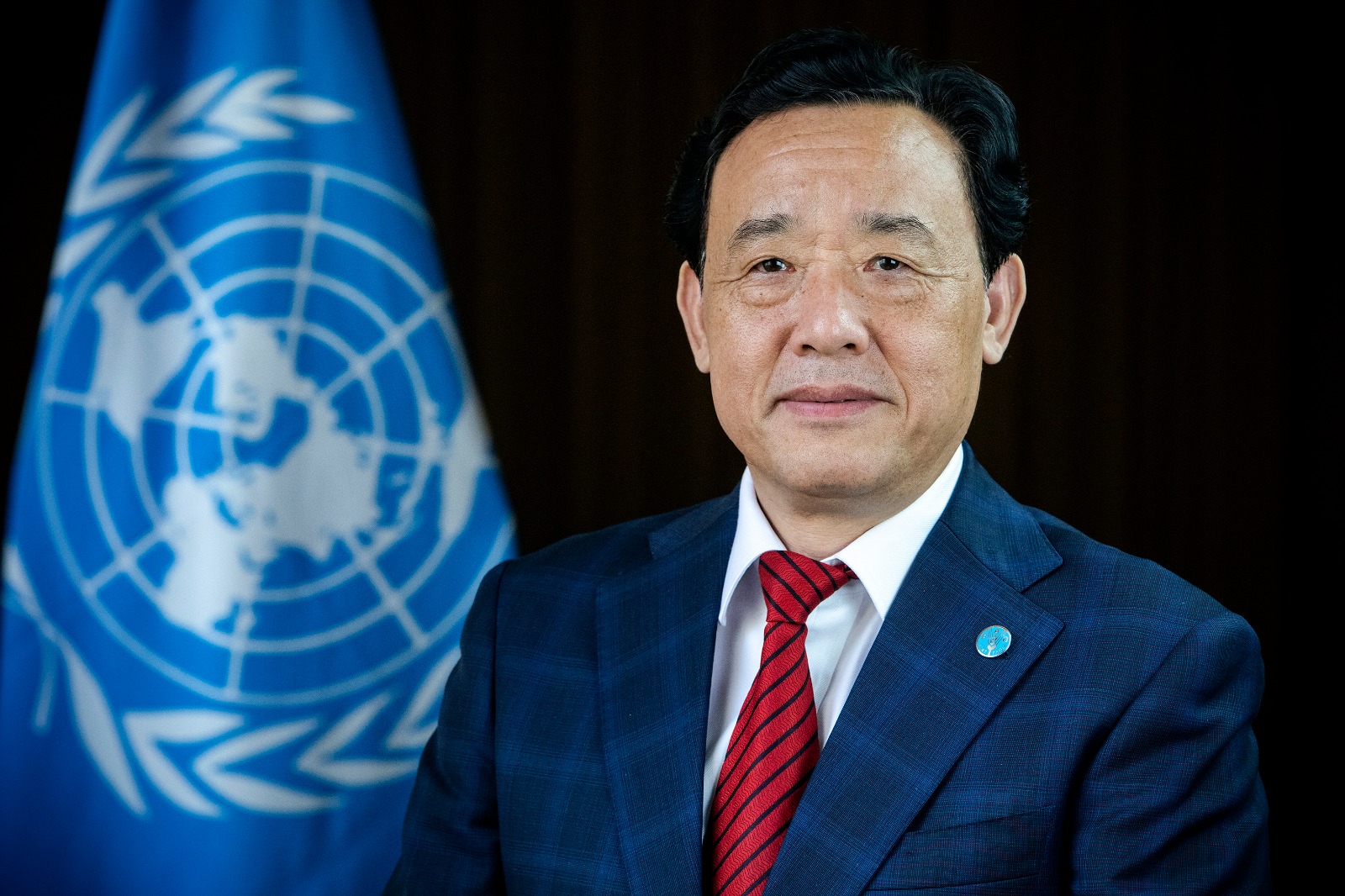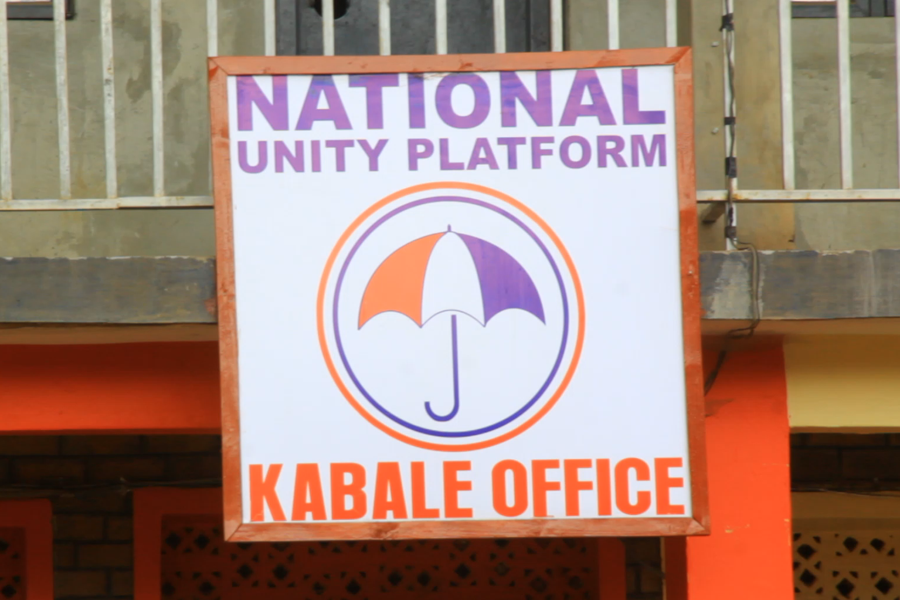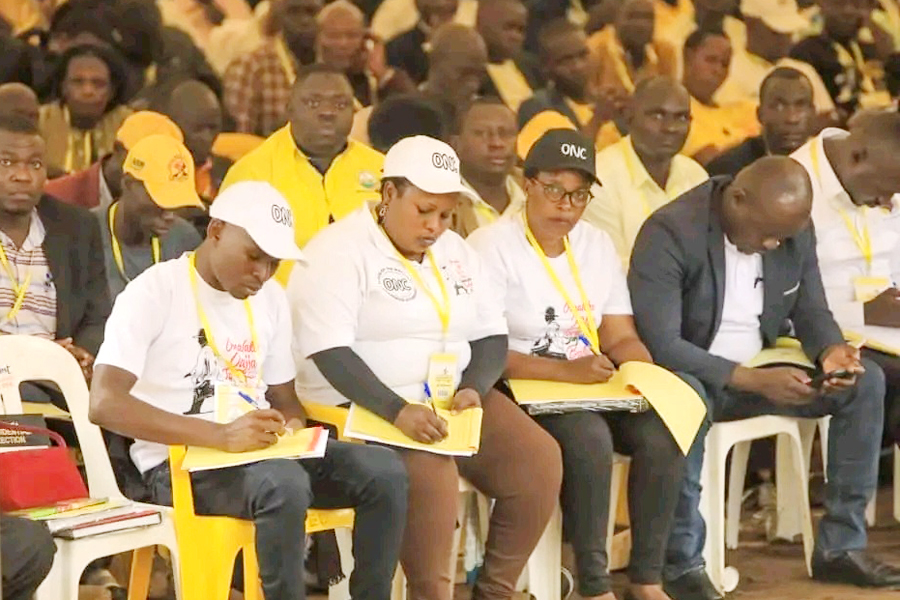Opinion: Will elections usher in true democracy for African nations?
When an election in Africa draws international attention, the news is seldom good.
For example On 27 December 2007 and subsequent elections, millions of Kenyans went to the polls in what was generally anticipated to be the most hotly contested and close-run presidential, parliamentary and civic elections in the country since emerging from British colonial rule.
Keep Reading
An example will be given where fuelled violence which left 1,500 dead and 300,000 displaced, while 2008 elections in Zimbabwe suffered from massive fraud and brutal suppression.
However history is on record that the late Colonel Muammar Gaddafi former president of Libya once suggested in 2010 that multiparty democracy in Africa can only lead to bloodshed.
We should not forget to remember that all recent headlines in our news have been focused on angles of electoral failures, however this does not justify abandoning efforts at developing electoral democracy in Africa.
Although elections are often marred by some elements of fraud or incompetence and do sometimes result into violence, no other means have brought about nonviolent transitions of power with the same consistency.
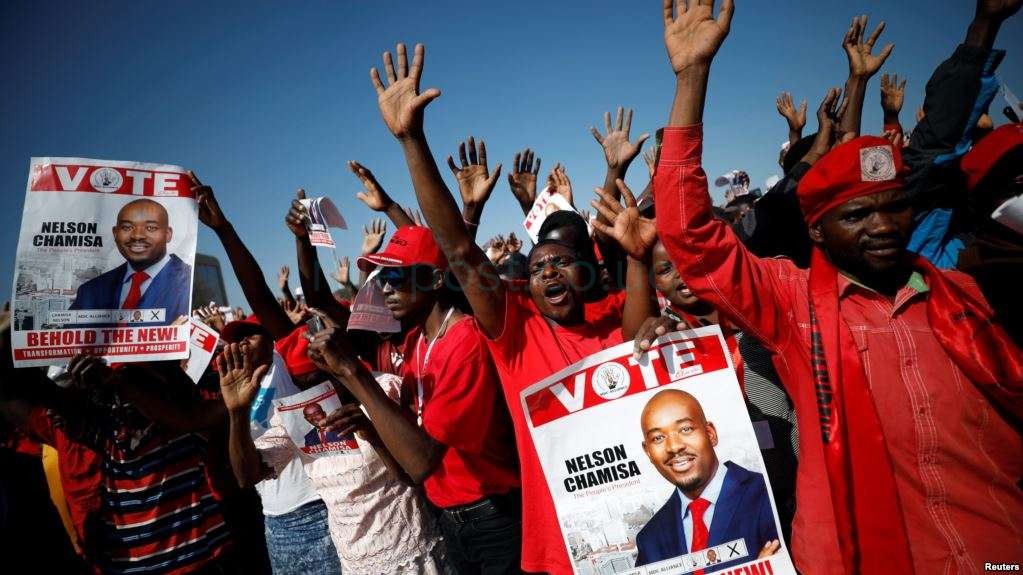 Elections in Africa have always been riddled with violence
Elections in Africa have always been riddled with violence
The majority of Africans (60%) believe, according to the Afrobarometer survey that democracy is preferable to all other forms of government.
As argued by Holmquist and Ford (1992:97-110) self-appointed rulers are facing hard times all over Africa.
Democracy is everywhere in the air and popular mobilization, though very uneven, is consequential.
With little room for manoeuvre, several autocrats have fallen or pledged transitions to democracy.
Even in the countries that have suffered most from failed or flawed elections or even from the failure to hold elections entirely, the people have responded not by abandoning democracy but by increasing their demands for accountability and reform.
In reality, then, Africa's experience with electoral democracy has been mixed. Some progress has been made, but challenges remain.
The various elections in the past several years from Kenya, Zimbabwe, and Nigeria to Ghana and Sierra Leone have become historical landmarks for different reasons, varying drastically in their conduct and outcome of elections.
This mix of electoral experiences has generated considerable debate on the subject of transparent in our different Countries on how free, and fair electoral processes among election communities.
Elections stakeholders, in democratic progress itself can come with challenges; as regular elections are held.
With the increase in the competitiveness of elections, one-party and military regimes face potentially destabilising challenges that could increase the risk of fraud and violence.
It is thus difficult to identify a general trend in elections for the continent as a whole as we move on from one year to another .
In the broadest of terms, Sub-Saharan Africa is certainly more democratic and holds more free and fair elections today than several decades ago, but gains in some countries have been offset by losses in others, while a number have remained democratically stagnant since independence.
Therefore, to understand recent trends in African elections, it is helpful to examine individual countries with others that have shared similar experiences and will thus face similar challenges and opportunities in the coming years.
Elections management is crucial for the attainment of development.
Nevertheless, thorough accomplishment of elections management depends on two parts of the players.
Firstly, is the competence of the electoral bodies in each country in Africa.
Secondly judging from some recent turbulent electoral reform experiences in Africa it is obvious that in most cases the stakeholders are narrowly defined as the electoral commission, the legislature, religious church leaders, civil society groups, parliament, government of the day, International agencies, national voters, the political executive leaders, and opposition political parties leaders.
What we need to study deeper in this context will elucidate the major stakeholders in the electoral process and what their functions are and how it affects the elections outcome.
The author is a lawyer and Pan Africanist
www.beechamdavid.com


